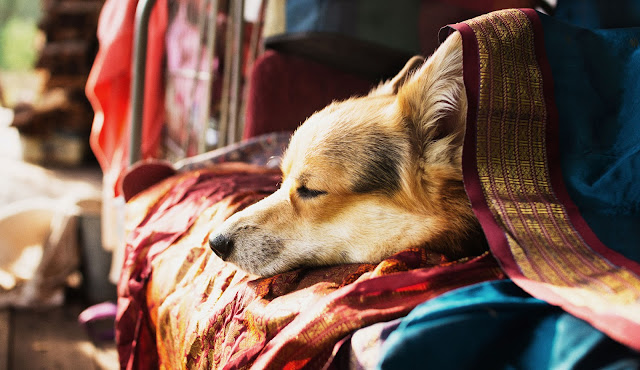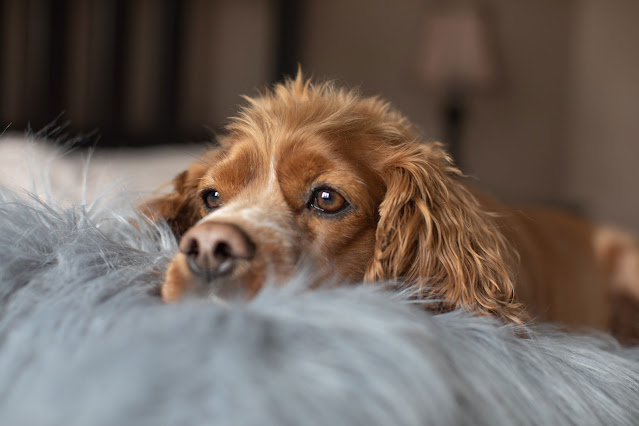“A wonderful, unusual, and healing book, full of wisdom and compassion.”—Sy Montgomery. By Zazie Todd PhD This page contains affiliate links which means I may earn a commission on qualifying purchases at no cost to you. This month, the Animal Book Club is reading Good Grief: On Loving Pets, Here and Hereafter by E.B. Bartels. From the publisher, “An unexpected, poignant, and personal account of loving and losing pets, exploring the singular bonds we have with our companion animals, and how to grieve them once they’ve passed. E.B. Bartels has had a lot of pets—dogs, birds, fish, tortoises. As varied a bunch as they are, they’ve taught her one universal truth: to own a pet is to love a pet, and to own a pet is also—with rare exception—to lose that pet in time. But while we have codified traditions to mark the passing of our fellow humans, most cultures don’t have the same for pets. Bartels takes us from Massachusetts to Japan, from ancient Egypt to the modern era, in search of the good






